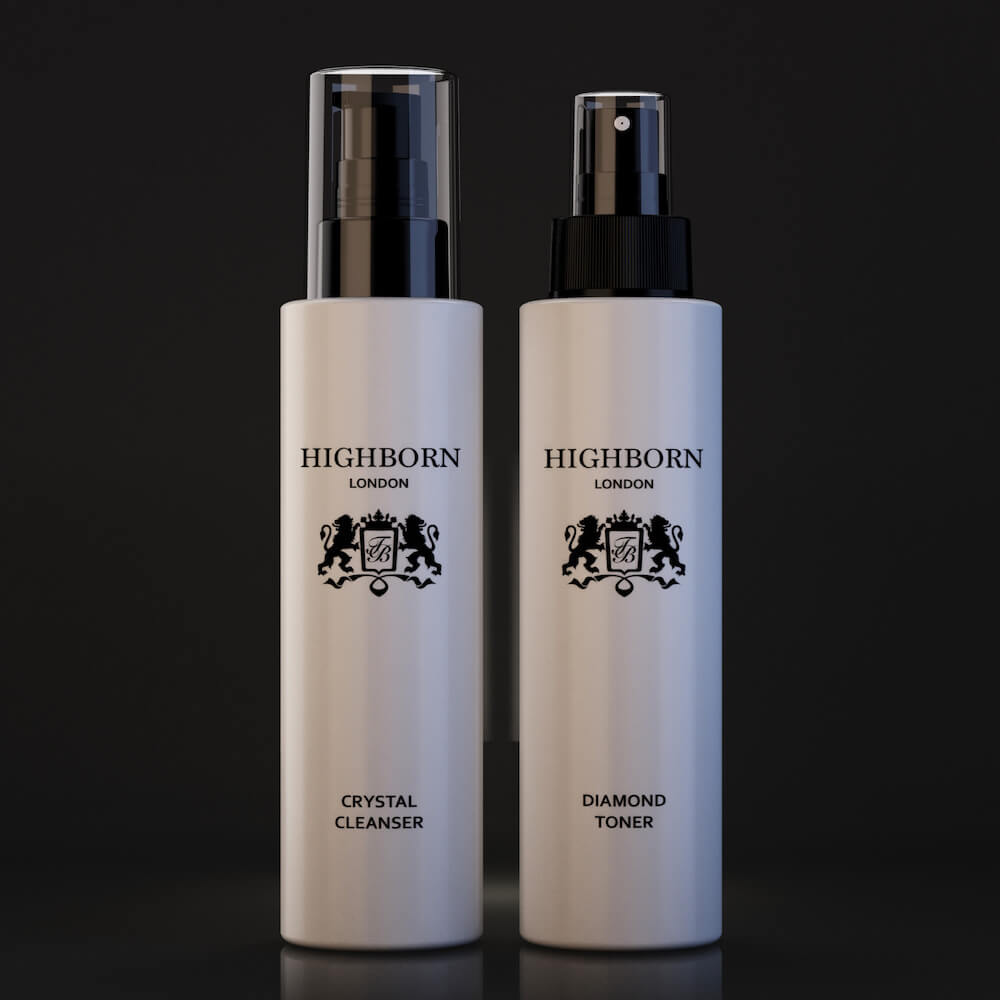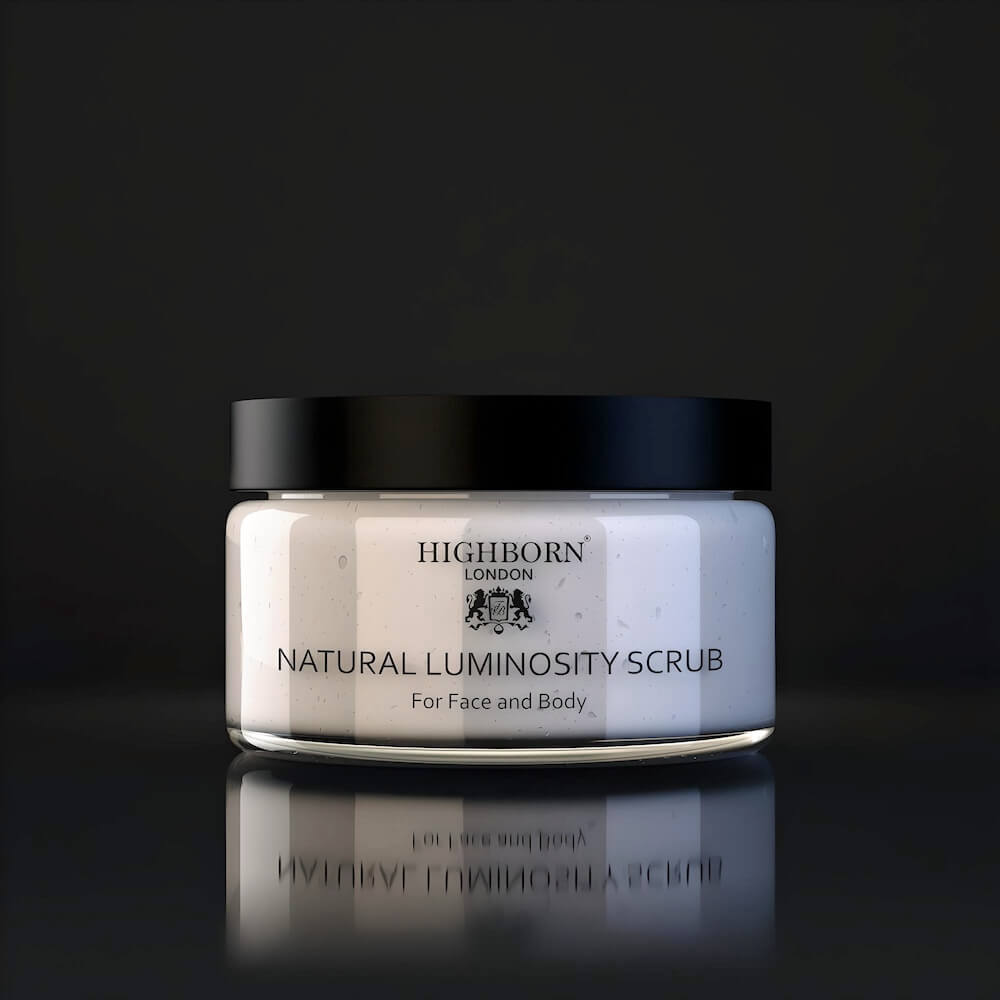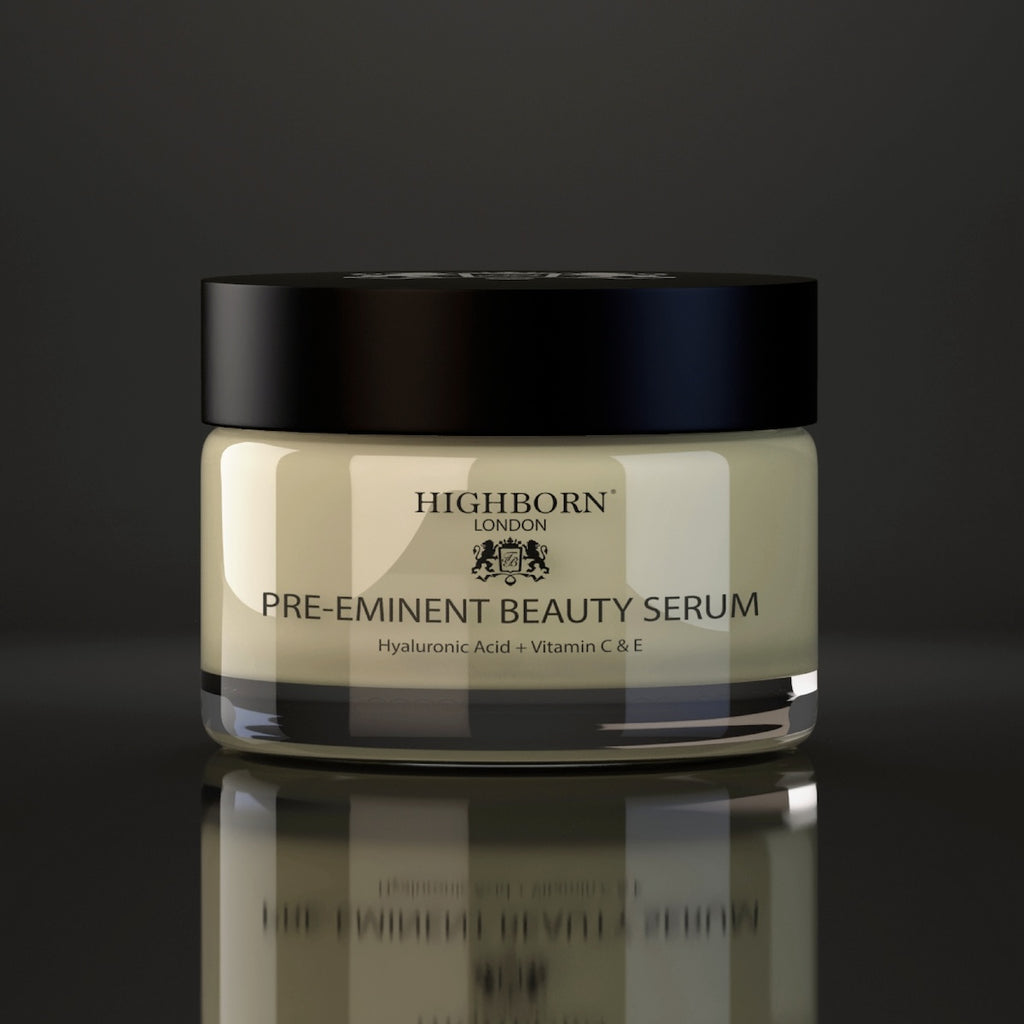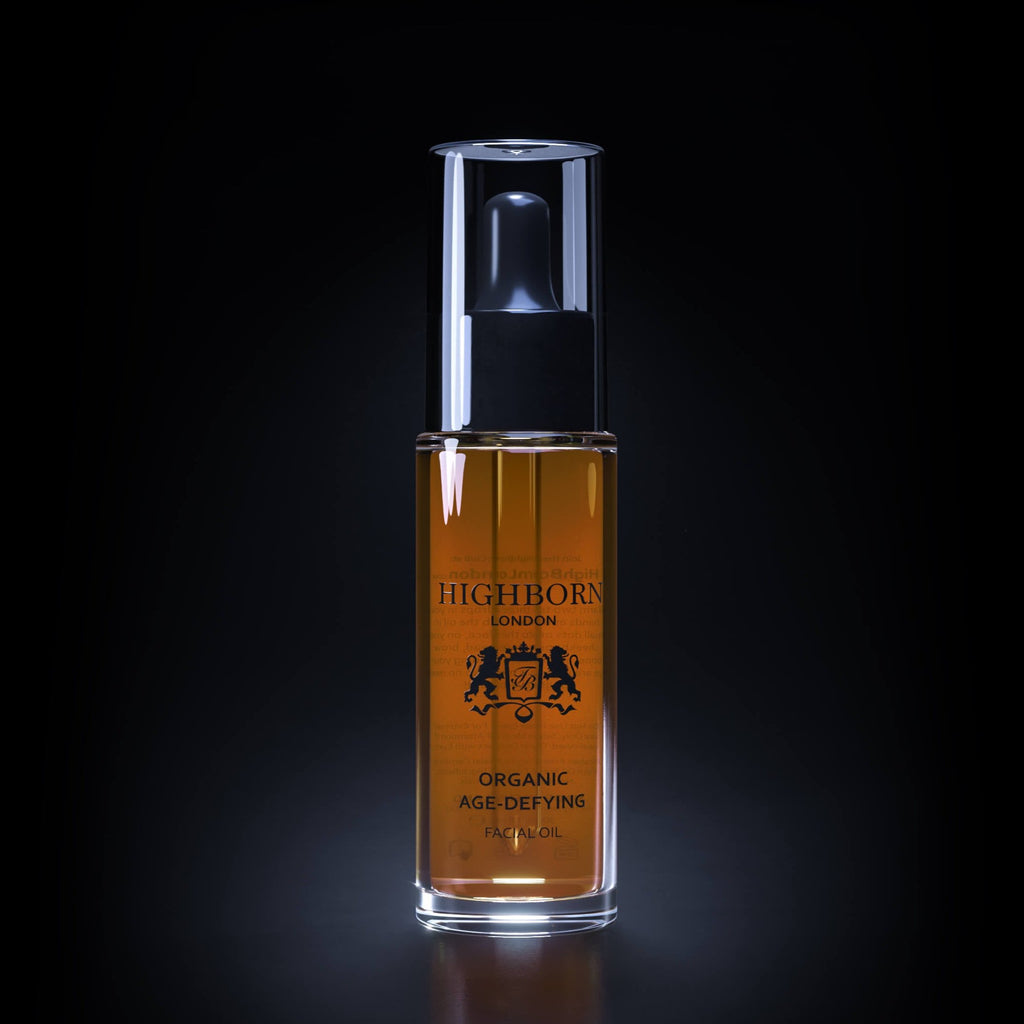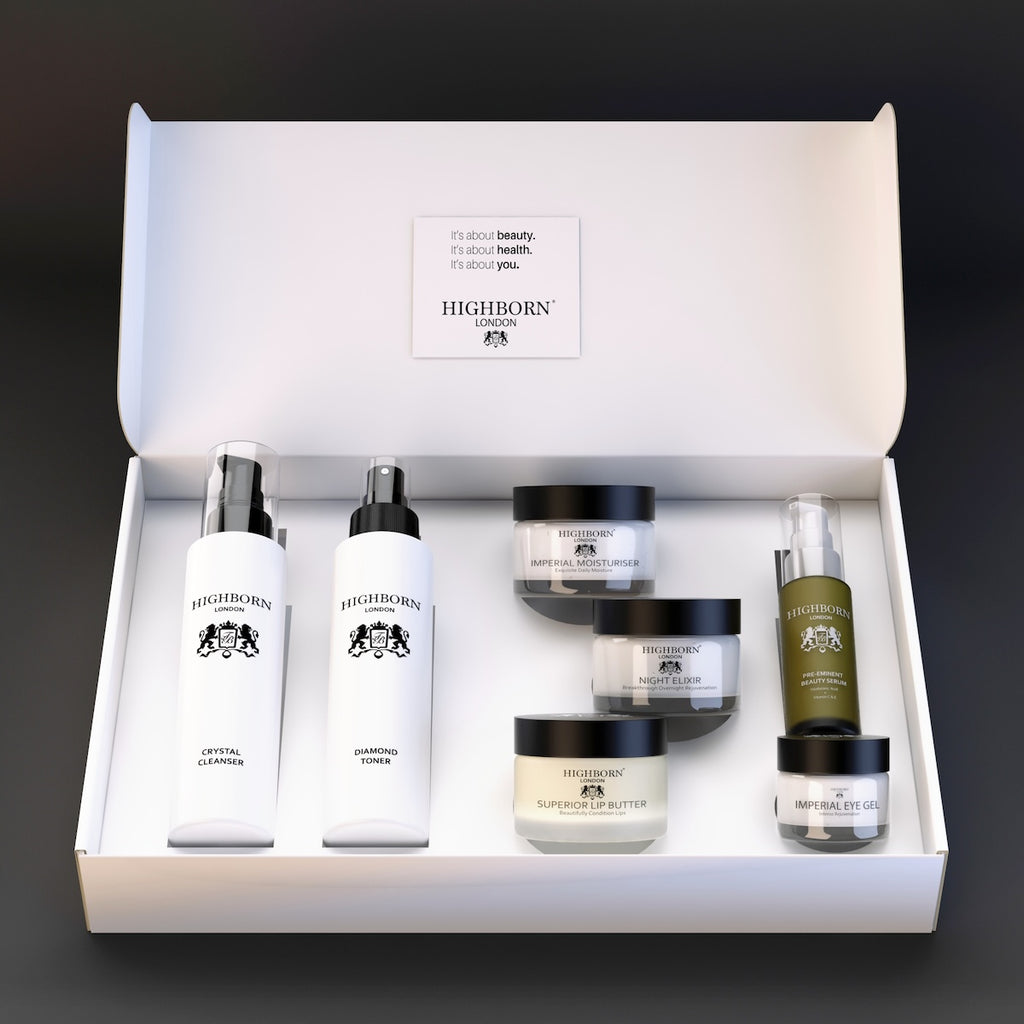A fabulous skincare routine means diddly-squat if you don’t follow a healthy lifestyle. And your sleep habits play a major role in the rate at which fine lines and wrinkles appear ...
We’re not simply talking about the quantity of your sleeping hours, either: the quality of your sleep and your sleep routine are equally as important. Maybe even more so.
Read on for five of the most common snooze-time skin sins that could be holding back your best skin. And nip them in the bud – pronto! And if you need to add a skincare saviour HIGHBORN to your regime, head here.
A fabulous skincare routine means diddly-squat if you don’t follow a healthy lifestyle. And your sleep habits play a major role in the rate at which fine lines and wrinkles appear ...
We’re not simply talking about the quantity of your sleeping hours, either: the quality of your sleep and your sleep routine are equally as important. Maybe even more so.
Read on for five of the most common snooze-time skin sins that could be holding back your best skin. And nip them in the bud – pronto! And if you need to add a skincare saviour HIGHBORN to your regime, head here.
1. Sleep Position
Your sleeping position has been shown to speed up skin ageing. Who would've thought?! Sleeping on your belly, for example, smushes your face against your pillow, causing friction on the skin which, over time, can cause damage and premature ageing. Same for the skin on your décolletage.
Of course, sleeping on your tummy won’t single-handedly give you wrinkles, but it’s a factor to bear in mind. Sleeping on your side can also cause similar friction and eventual damage to the skin on your cheeks and side of your face.
So what’s the solution? Experts agree that sleeping on your back is the most skin-friendliest. And to help prevent crinkling your neck and excess fluid gathering around your eyes, sleep with your head elevated on just one pillow, max.
Pro Tip: Invest in a soft, satin or silk pillowcase which will create less friction on your skin than cotton.
2. Not Washing Pillow Cases Often
Your pillowcases and sheets are a veritable breeding ground for oils and bacteria that get transferred from your skin and hair as soon as you take a quick lie down.
And this is not only pretty gross when you think about it, but it’s bad news if you have oily or acne-prone skin.
We recommend washing your entire bedsheets at least once a week, using a mild detergent that contains no fragrance and the minimum number of chemicals.
If you really can’t be doing with such a chore on a weekly basis, then at least throw your pillowcases in with the rest of your washing to save the skin on your face.
3. Reneging On Your Nighttime Skincare Routine
Sleep is a hugely important time for your skin as it uses this rest period to revive and rejuvenate itself. This is why it’s essential you give your skin a nudge in the right direction by ensuring it’s clean, nourished, moisturised and treated with skin-boosting ingredients that have been proven to support your skin’s natural renewal process.
Need to know: If you don't cleanse your face before turning in, that’s around 16 hours’ worth of make-up, oil, sweat and dirt you’re leaving on the surface to block your pores, speed up ageing, cause irritation, dryness, and the rest! So, cleanse and tone your face every night before bed with Crystal Cleanser and Diamond Toner. No arguments.
Nighttime is also the ideal time to treat your skin with free radical-busting antioxidants like retinol and vitamin C, while hydrating and moisturising with goodies like hyaluronic acid, glycerin, shea butter and botanical oils. This sounds like a lot to pack in which is why we've made it simple with our popular Four Phase Day And Night Collection to tick all those boxes AND save you £££s at the same time!
Pro Tip: If you really want to get your skin right back to a healthy base ready for lights out, opt for a gentle exfoliator like Natural Luminosity Scrub. It's the perfect way to remove any remaining dirt and bacteria, while loosening dead skin cells to help the rest of your routine penetrate your skin more effectively. Exactly what you want for your skin while sending up the z's.
4. Not Getting Enough Quality Sleep
Sleep is one of the most valuable times for your skin as this is when it recuperates from the slings and arrows of daily life. Blood flow increases, collagen is rebuilt, cell turnover accelerates and antioxidants kick in to fight against damaging free radicals that will have inevitably built up through the day thanks to stressors like pollution and UV exposure.
Miss out on your seven hours, however, and your skin’s barrier function becomes compromised thanks to an increase in stress hormones and decrease in collagen production. This results in a whole host of skin issues including dullness, dehydration, dryness and swollen, puffy eyes.
What to do?: Going to bed and getting up at roughly the same times every day is one of the best ways to ensure you get a good night’s sleep. Also, avoid alcohol, big meals and caffeine before turning in and keep a notebook by your bedside to write down any worries to help you switch off.
5. Checking Your Smartphone Before Bed
This may seem harmless but smartphones, iPads and laptops all emit blue light which interrupts your body’s circadian rhythm and stops you from getting a good night’s sleep. Blue light tricks your body into thinking it’s still daytime, you see. And this delays your natural production of melatonin – an important hormone that prompts your body to go to sleep.
Blue light has also been linked to the same skin concerns as UV light – compromising your collagen levels, damaging DNA, weakening your barrier function and ageing you up lightning fast!
For a better, deeper sleep, avoid nighttime scrolling for a good two hours before you hit the sack. And if you really can’t bear the thought of that, at least switch your phone or tablet to night (or dark mode) to reduce the amount of blue light emitted.
Pro Tip: For a better, deeper sleep, avoid nighttime scrolling for a good two hours before you hit the sack. And if you really can’t bear the thought of that, at least switch your phone or tablet to night (or dark mode) to reduce the amount of blue light emitted.
SPACER







